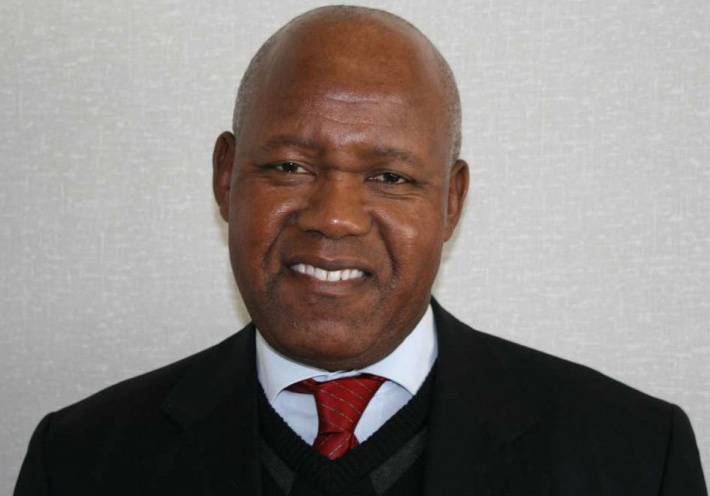
Zimbabwe: charges against lawyer Mordecai Mahlangu must immediately be dropped
The ICJ expresses its serious concern at the unlawful detention and prosecution of Mordecai Mahlangu, a prominent human rights and media lawyer from Zimbabwe.

The ICJ expresses its serious concern at the unlawful detention and prosecution of Mordecai Mahlangu, a prominent human rights and media lawyer from Zimbabwe.
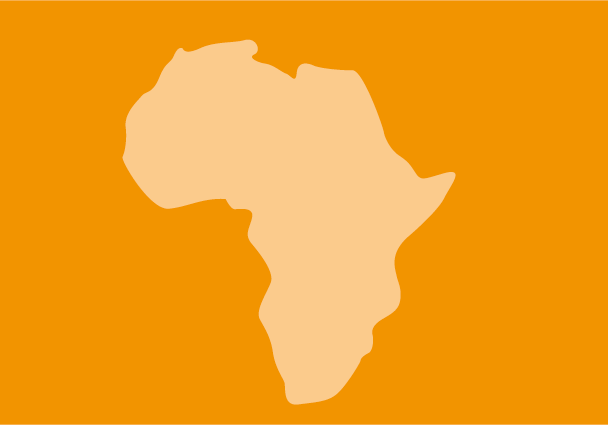
The Coalition of International NGOs against Torture (CINAT) strongly condemns Zimbabwe’s refusal to receive an officially planned fact-finding mission to Zimbabwe by the United Nations (UN).
The visit of the UN Special Rapporteur on Torture and Other Cruel, Inhuman or Degrading Treatment or Punishment, Mr. Manfred Nowak, was postponed at the last minute by Zimbabwe’s Foreign Ministry while he was on transit to the country.
Zimbabwe-blockmission-news-2009 (full text, PDF)
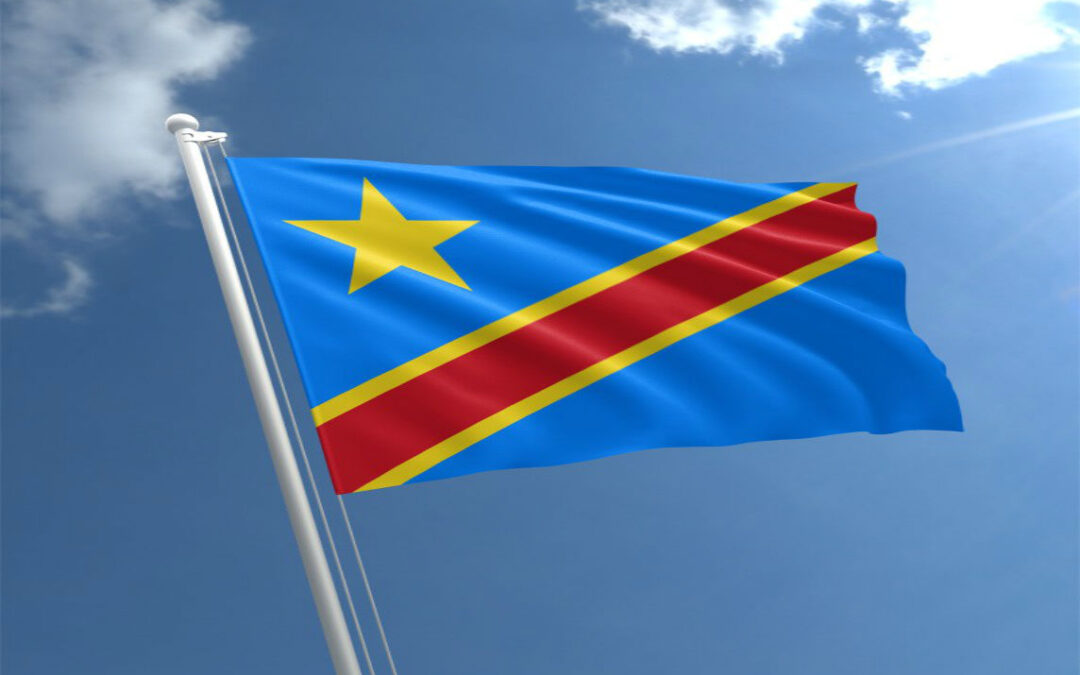
The ICJ provided its views on the implementation of the International Covenant on Economic, Social and Cultural Rights in the Democratic Republic of the Congo. The ICJ suggested that the Committee address the issues of forced labour, exploitative child labour, discrimination against minorities and women in access to health and education services and in the labour market, and the issue of sexual violence and of effective recourse by victims of human rights violations to justice.
Congo-ICJ comments reports-analysis brief-2009 (full text, PDF)
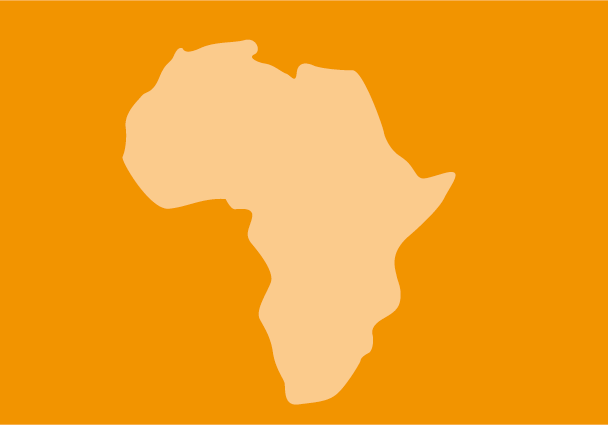
The meeting on reform of the legal system in Zimbabwe convened by the ICJ and other human rights institutions adopted a final resolution containing a clear analysis of the situation and recommendations for reforms.
Zimbabwe-Seminar reform legal system-event-2009 (full text in English, PDF)
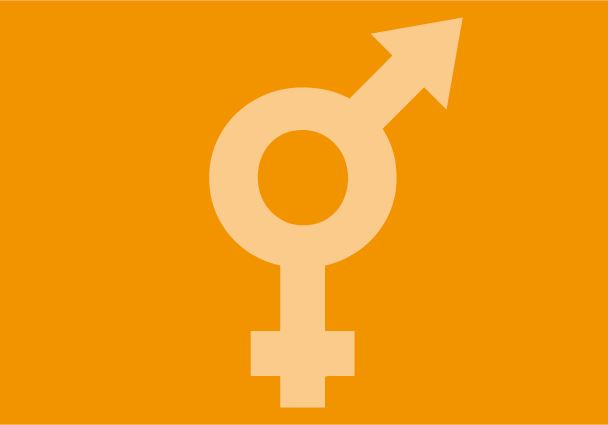
The ICJ releases the electronic version of Practitioners’ Guide No. 4: Sexual Orientation, Gender Identity and International Human Rights Law.
Around the world, people of diverse sexual orientations and gender identities are singled out for abuse. In states with laws that criminalize same-sex sexual conduct, LGBT people are arrested, detained, tortured, and, in some cases, executed.
Even in states with no official penal sanctions, LGBT people are the target of violent hate crimes, harassment, and ostracism. They live in fear of losing their jobs, their housing, and their families, all because of how they live and whom they love.
For the past five years, ICJ has worked on promoting the applicability of human rights law to violations based on sexual orientation and gender identity. Together with the International Service for Human Rights, ICJ facilitated the development of the Yogyakarta Principles.
This document, drafted by a distinguished group of human rights experts, articulates the human rights principles that apply to sexual orientation and gender identity, and identifies the legal sources of States’ obligations to protect, promote and fulfil rights.
Drawing on the Yogyakarta Principles, the ICJ wrote the Practitioners’ Guide to provide judges, lawyers, and activists a detailed understanding of the legal foundations for the protection of people victimized on the basis of their sexual orientation or gender identity.
The Practitioners’ Guide offers a comprehensive review of the principles of non-discrimination, equality, and privacy. It then analyzes the scope and nature of the legal prohibition against some of the most severe violations – torture, deprivation of liberty, extrajudicial and arbitrary executions, and denial of the rights to freedom of expression, association, and assembly.
Through the Practitioners’ Guide, the ICJ hopes to increase awareness of human rights principles that protect people of all sexual orientations and gender identities, as well as to encourage legal advocacy.
For the text of this Practitioners guide, see Sexual orientation, gender identity and international human rights law – Practitioners’ guide, no. 4